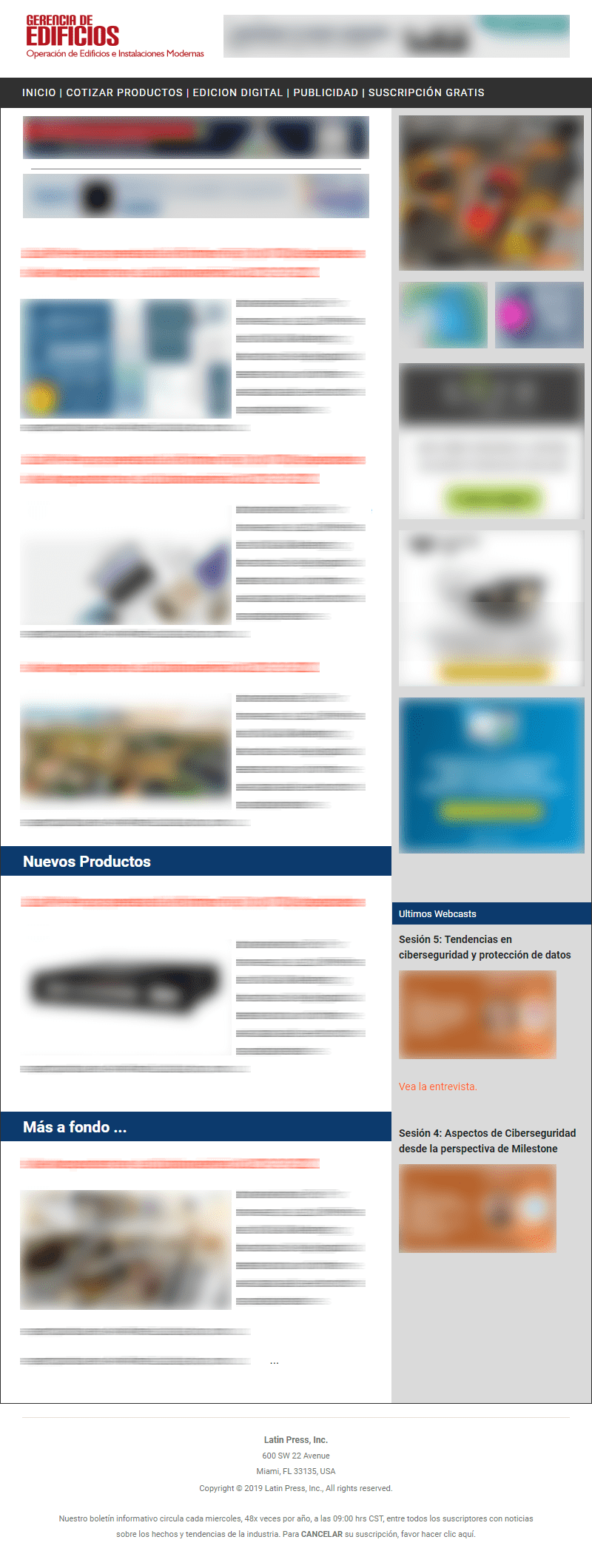International. The efficient management of financial resources is essential in any organization, and this becomes even more crucial in Facility Management, where multiple aspects are handled that directly impact the productivity and well-being of the occupants of a building.
A solid budget is the foundation of effective financial management in Facility Management. It provides a clear view of the resources available and how they are allocated to meet the organization's objectives. In addition, a well-planned budget also makes it possible to identify areas for improvement and savings opportunities.
A study by the International Facility Management Association revealed that preventive maintenance can reduce operating costs by 15% or more. Scheduling regular inspections and making repairs before problems escalate can prevent major expenses.
In addition, the efficient use of energy is a priority in building management. Implementing efficient lighting and HVAC systems can significantly reduce energy costs in the long run.
In terms of investment, different companies talk about the need to allocate resources in automation systems, asset management and Facility Management software in order to improve operational efficiency, reducing the costs associated with manual task management.
Likewise, a Deloitte report found that outsourcing certain facility management functions can be an effective strategy to reduce costs. By outsourcing specific tasks, organizations can focus on their core activities.
In conclusion, a well-structured budget and the implementation of strategies to reduce costs and optimize expenses are fundamental in Facility Management. By taking a proactive approach to financial management, organizations can improve operational efficiency, increase profitability, and provide a more effective and comfortable work environment for their occupants. Investing in these strategies is an investment in long-term success.



























Leave your comment